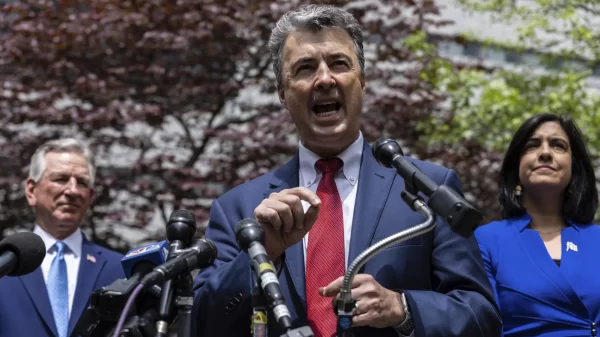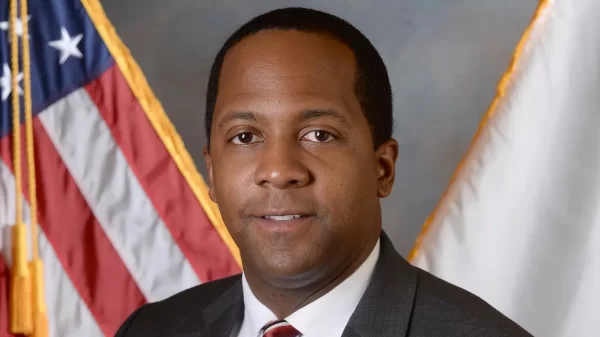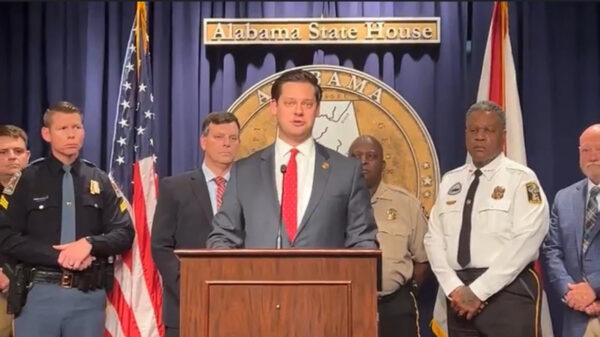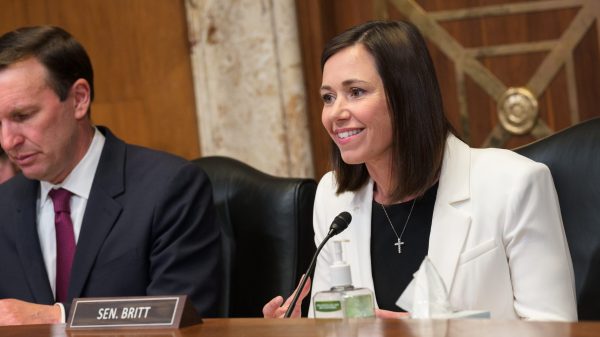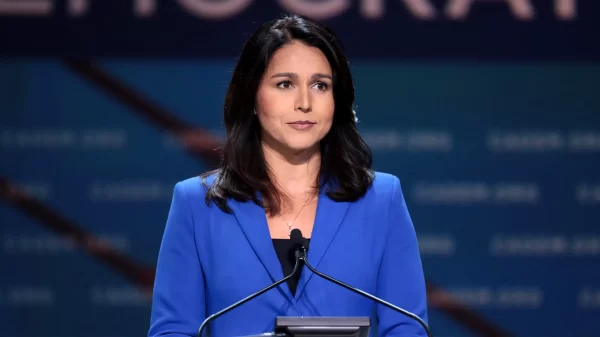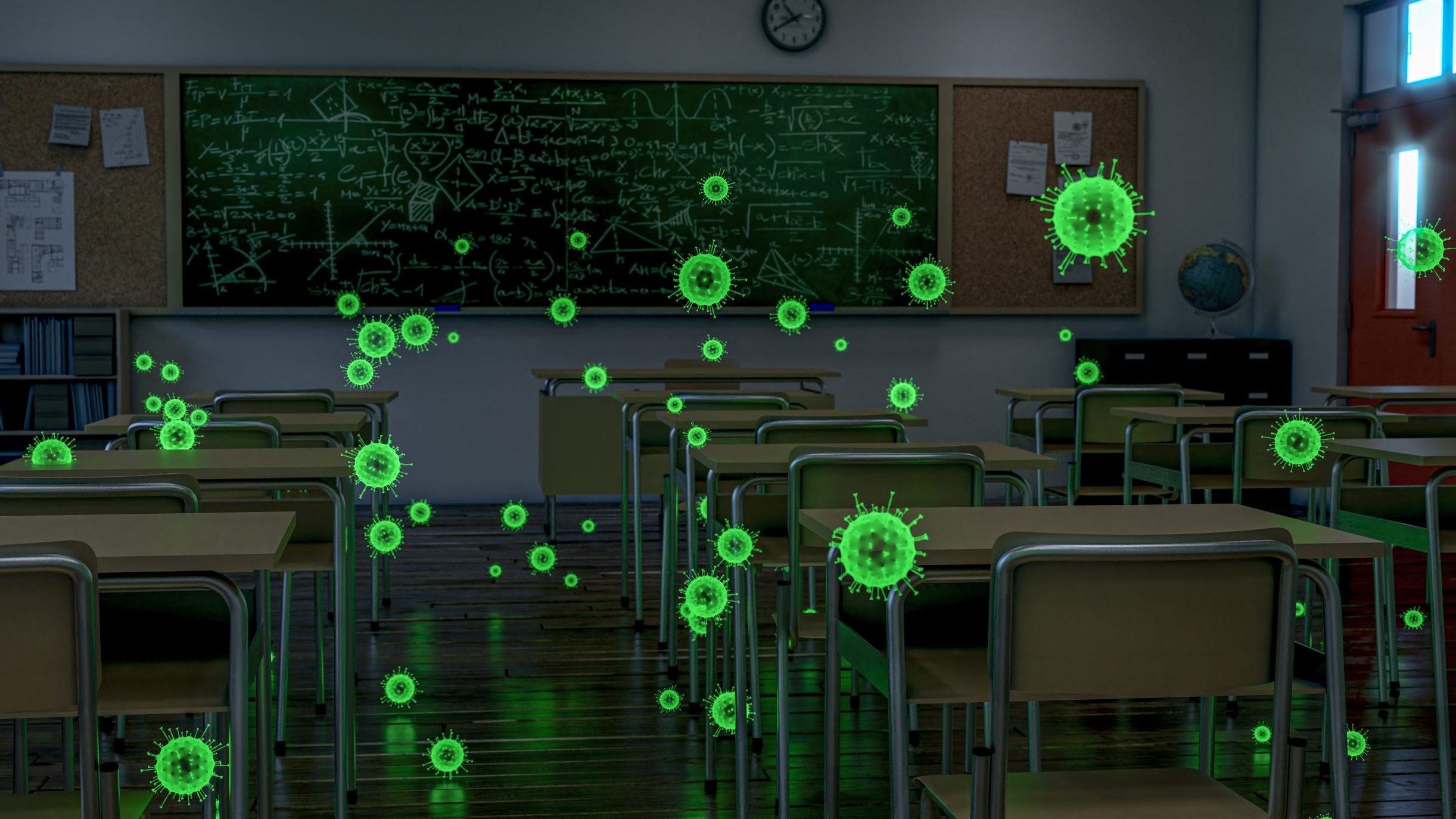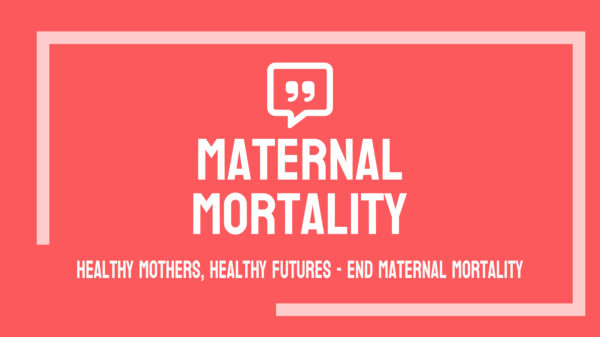In the next few weeks, an Alabama public school system will begin randomly testing asymptomatic students and staff, with employee and parental consent, for COVID-19.
The hope is that many more public K-12 and private schools will join after this pilot program kicks off, explained Martha Wingate, chair of UAB’s department of health care organization and policy and principal investigator of UAB’s School of Public Health K-12 COVID-19 asymptomatic testing program.
Wingate said it’s possible that the $147 million provided to the program by the Centers for Disease Control and Prevention could pay for sentinel testing in every school statewide, through the planned end date of July 2022. The testing program is a partnership between the UAB School of Public Health, Alabama Department of Public Health and Alabama State Department of Education.
“We need to absolutely educate and remind parents and caregivers that asymptomatic transmission, and asymptomatic cases, obviously do occur,” said Dr. Karen Landers, a pediatrician with the Alabama Department of Public Health, speaking to reporters during Monday’s press conference.
“And we must get away from the misunderstanding that children cannot transmit COVID, because they can, and that children do not get sick from COVID, because they do,” Landers continued.
Alabama hospitals on Monday were caring for 2,631 COVID-19 patients, a 174 percent increase from three weeks ago.
The more contagious delta variant continues to infect more younger people as well, in part because older Alabamians are vaccinated in greater numbers but also because the virus spreads so much more easily, state medical experts have said. There were 40 children hospitalized with COVID-19 statewide on Monday, up from nine children hospitalized with the virus on July 15.
While public health experts say the delta strain is much more contagious than the original strain of COVID-19, the state has no social distancing or mask mandate for schools or for the public. Some individual school districts have ordered students and staff to mask, while many have not.
There’s a growing concern that with schools reopening, no state mask mandate and relatively few school systems that have chosen to require masks for students and staff, COVID-19 cases and hospitalizations will energize the current surge, placing more lives at risk and overburdening hospitals.
Hatton Elementary School in Colbert County moved to virtual schooling after COVID-19 cases among students and staff crept above the system’s planned threshold for the change.
Cullman City Schools announced that nearly 50 students tested positive for COVID-19 after two days of school and is reconsidering requiring masks, and Madison County Schools on Thursday changed policy to require masks after growing cases there, AL.com reported.
“We know we’ve had hundreds of children sent home already this week. And we’ve had dozens of teachers sent home,” Alabama State Superintendent Eric Mackey told the Alabama Board of Education last week.
Dr. David Kimberlin, co-director of UAB and Children’s of Alabama’s Division of Pediatric Infectious Diseases, last week pleaded with schools to require masks and for parents to get their children 12 and older vaccinated.
“And it’s because I see what’s coming. What is really hitting us already, and what is about to just absolutely slam us,” Kimberlin said.
Kimberlin said the delta variant is “rapidly spreading among children” and school systems need to heed the recommendations to enact mask mandates made by the Centers for Disease Control and Prevention, the Alabama Department of Public Health, the American Academy of Pediatrics, the Infectious Diseases Society of America, the Pediatric Infectious Disease Society and a group of Alabama pediatricians who wrote a letter urging schools to require universal masking.
“I beg them to listen to the uniformity of voice here,” Kimberlin said of school systems without mandates.
Landers said the sentinel testing program will be a way to further reduce the risk of kids in the school system.
“We all want kids back together, and I say this as a very important element of that,” Landers said.
For school systems that agree to participate, parents must give permission for their children to be tested. It’s also voluntary for school staff. Tests are to be done using the rapid antigen tests and the less invasive nasal swabs, Wingate said.
There’s currently just the one public school system that has agreed to pilot this program — Wingate declined to name that system and said she’d not yet gotten permission from the system to do so — but there are a number of private schools that have already expressed interest, Wingate said.
Positive test results would be included in the Alabama Department of Public Health’s statewide COVID-19 numbers, but whether or not those school systems submit the school-specific test data to ADPH’s K-12 COVID-19 dashboard is up to those systems, Wingate said.
“While it was voluntary last year when we had outstanding participation from the schools,” Landers said of ADPH’s dashboard for cases in schools.
It may be another month before the public gets a glimpse at what COVID-19 is doing in the state’s public schools, however. The dashboard won’t begin to be updated until mid-September, because it will take time for schools to get their reporting processes in place, Landers said.
“Some schools are following the recommendations to universally mask, and that is going to make a difference in terms of transmission. Other schools have gone mask optional. That’s also going to make a difference in transmission,” Landers said.
School systems interested in taking part in the testing program are asked to contact the program director, Beth Johns, at covidALk12@uab.edu or visit www.sites.uab.edu/covidalk12.




